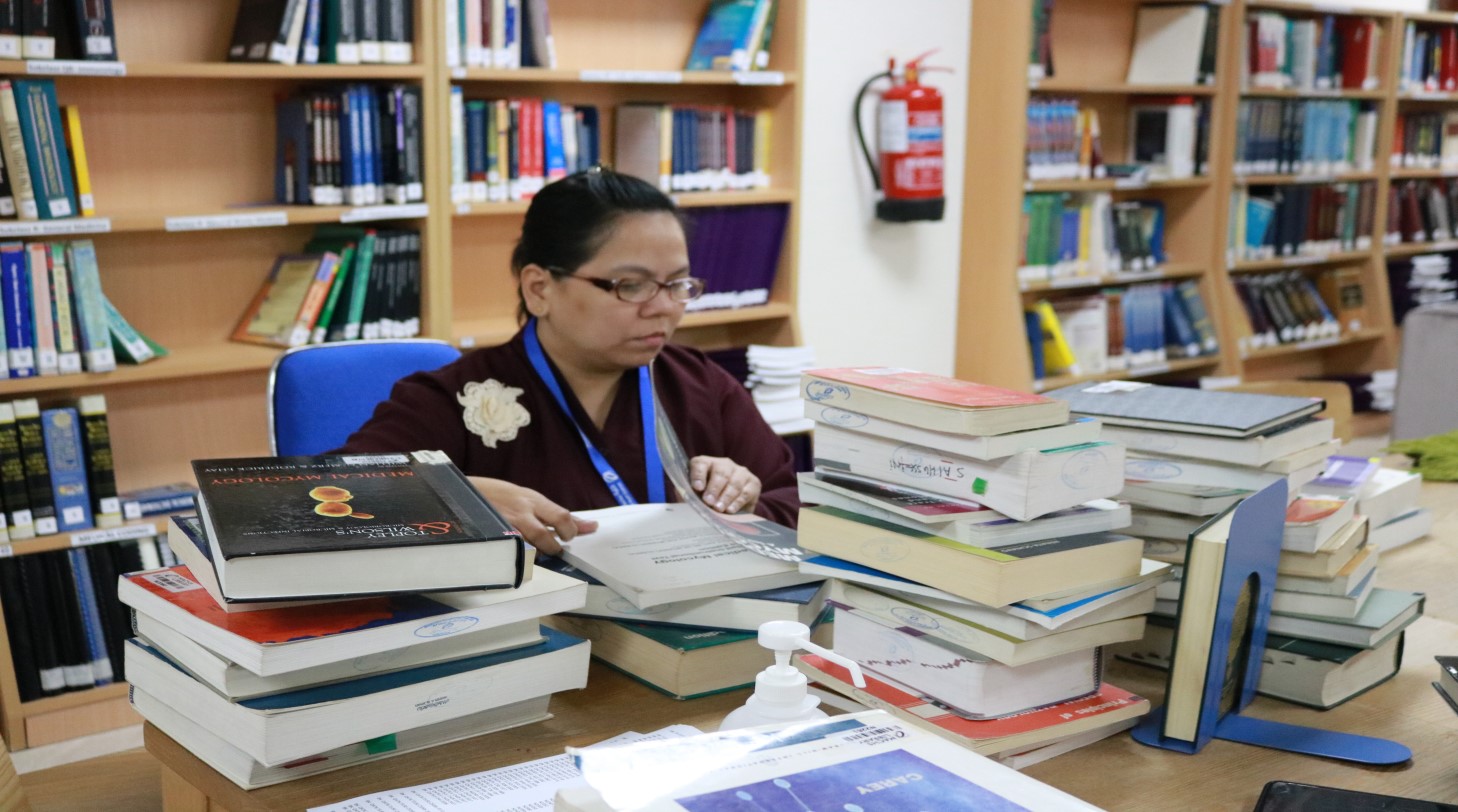Academic Advising
Academic advisers, at MACHS, directly contribute to the educational mission of the college through intentional conversations that help students reflect on their academic decisions and to connect the varied pieces of their MACHS experiences. Academic advising plays a central role in enhancing student success across the college.
Each student, at MACHS is assigned to a faculty academic advisor. He/she is a mentor who provides support and direction throughout the students stay at the college.
Academic advisors fulfill three roles for students/. They serve a resource persons, providing information about program requirements in order to assist students in developing the most coherent study plans for the completion of program requirements. Secondly, they serve as a link between students and the College community, referring them to areas of assistance and introducing them to the resources provided by the College to meet needs and goals they have. Finally the academic advisor assists the student to understand the nature and purpose of education and the mission of the College and helps him/her to develop self-direction in the process of decision-making.
Objectives of Academic Advising
Some objectives to academic advising include:
- Academic advising should be available to and required of all students before each registration.
- Academic advising should facilitate identification and attainment of educational goals.
- Academic advisors should make individual aware of academic and other support services available to assist students with problems they may face and to acquaint them with extracurricular activities.
- Academic advisors should help minimize student frustration and improve student performance by making students aware of college policies and procedures as they affect each individual.
- Academic advisors should assist students in making informed choices within specialty requirements.
- Academic advisors should be readily available to their advisees at times suited to the student’s needs.
- Academic advisors should allow time to meet with students on a one-to-one bases and follow up with student’s academic progress.
The academic advisor can help students realize their maximum educational potential by helping them identify and assess alternatives and consequences of decisions. This can be accomplished through communication and information exchange between the advisor and the student.
.jpg)

